Confirmation bias: the tendency to interpret new evidence as confirmation of one’s existing beliefs or theories
Confirmation bias has been around for a long time and is a topic that is currently prevalent in social media with increasing importance for everyone to become aware of and address. If affects us in many facets of our lives, from the books we buy to how we search online. It’s pretty simple to summarise but somewhat harder to change – we want to be right about how we see the world, so we seek out information which confirms our beliefs and avoid contradictory evidence and opinions.
We’ve rounded up a few of our favourite titles that challenge how we think. Brace yourself, you’ll be somewhat pensive at the end of this reading marathon!
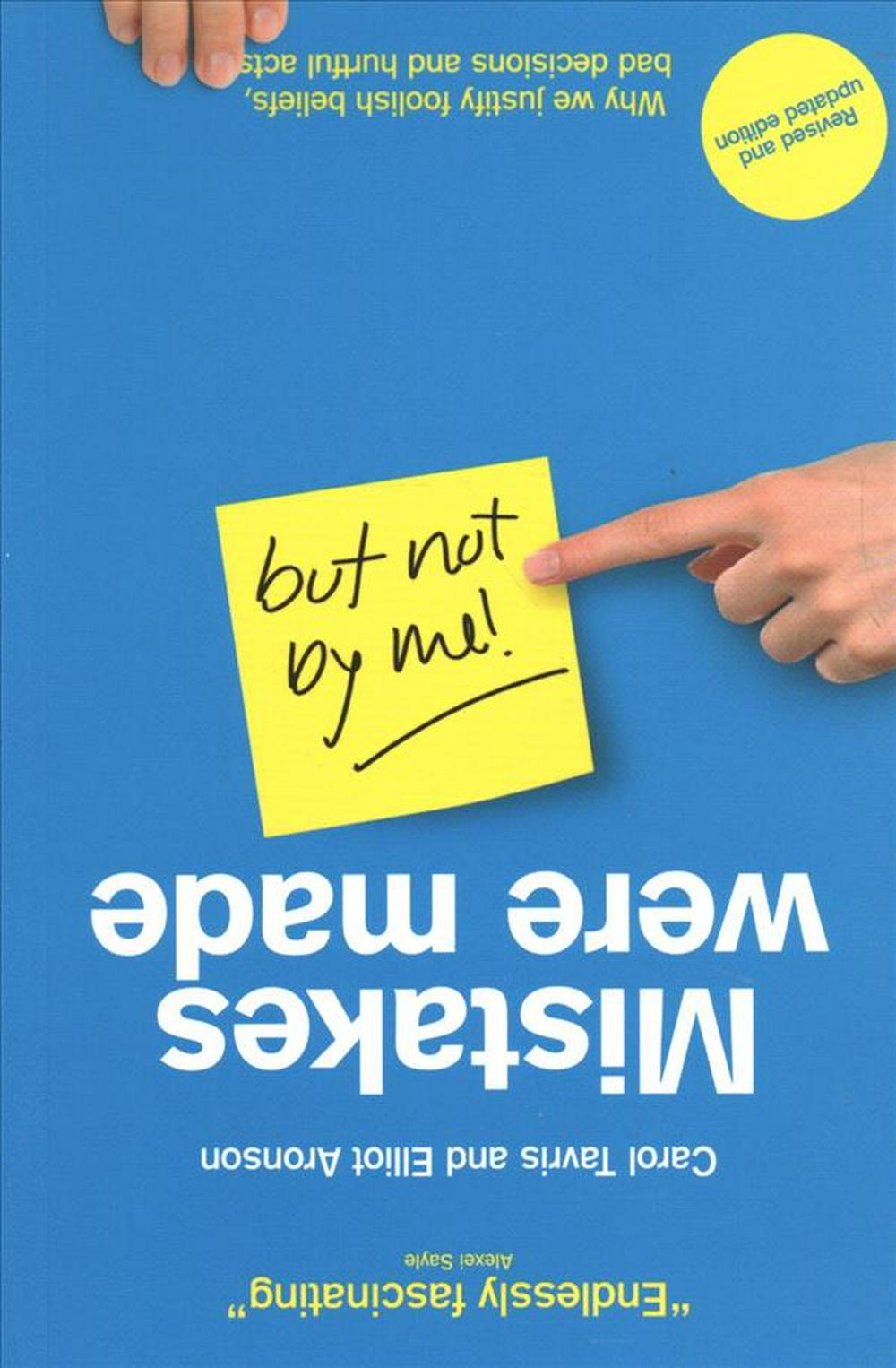 Mistakes were made (but not by me) by Carol Tavris and Elliot Aronson
Mistakes were made (but not by me) by Carol Tavris and Elliot Aronson
Why do people dodge responsibility when things fall apart? Why the parade of public figures unable to own up when they make mistakes? Why the endless marital quarrels over who is right? Why can we see hypocrisy in others but not in ourselves? Are we all liars? Or do we really believe the stories we tell? Renowned social psychologists Carol Tavris and Elliot Aronson take a compelling look into how the brain is wired for self-justification. When we make mistakes, we must calm the cognitive dissonance that jars our feelings of self-worth. And so we create fictions that absolve us of responsibility, restoring our belief that we are smart, moral, and right – a belief that often keeps us on a course that is dumb, immoral, and wrong. A fascinating explanation of self-deception – how it works, the harm it can cause, and how we can overcome it.
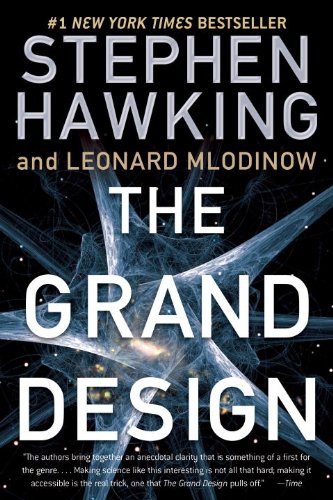 The Grand Design by Stephen Hawking
The Grand Design by Stephen Hawking
When and how did the universe begin? Why are we here? What is the nature of reality? Is the apparent ‘grand design’ of our universe evidence for a benevolent creator who set things in motion? Or does science offer another explanation? In The Grand Design, the most recent scientific thinking about the mysteries of the universe is presented, in language marked by both brilliance and simplicity. The Grand Design explains the latest thoughts about model-dependent realism (the idea that there is no one version of reality), and about the multiverse concept of reality in which there are many universes. There are new ideas about the top-down theory of cosmology (the idea that there is no one history of the universe, but that every possible history exists). A succinct, startling and lavishly illustrated guide to discoveries that are altering our understanding and threatening some of our most cherished belief systems, The Grand Design is a book that will inform – and provoke – like no other.
 Thinking, Fast and Slow by Daniel Kahneman
Thinking, Fast and Slow by Daniel Kahneman
The renowned psychologist and winner of the Nobel Prize in Economics, takes us on a groundbreaking tour of the mind and explains the two systems that drive the way we think. System 1 is fast, intuitive, and emotional; System 2 is slower, more deliberative, and more logical. The impact of overconfidence on corporate strategies, the difficulties of predicting what will make us happy in the future, the profound effect of cognitive biases on everything from playing the stock market to planning our next vacation. Each of these can be understood only by knowing how the two systems shape our judgments and decisions. Kahneman reveals where we can and cannot trust our intuitions and how we can tap into the benefits of slow thinking, offering practical and enlightening insights into how choices are made in both our business and our personal lives and how we can use different techniques to guard against the mental glitches that often get us into trouble.
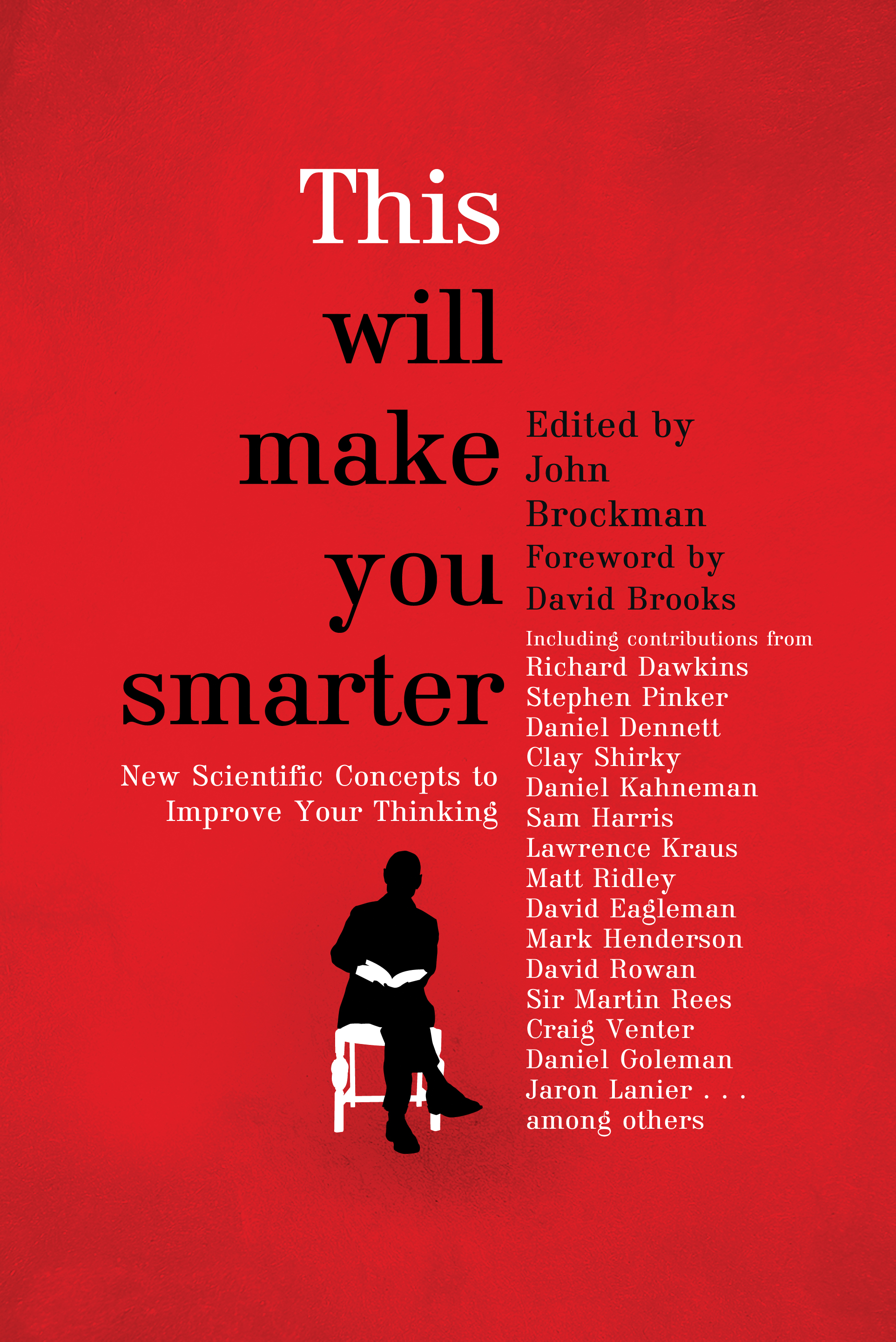 This Will Make You Smarter by John Brockton
This Will Make You Smarter by John Brockton
John Brockman has brought together the most influential thinkers of our age to offer their choice of the ideas, strategies and arguments that will help all of us understand our world, and its future. Every year he sets them a question, in 2013 that question was: What Scientific Concept Would Improve Everybody’s Cognitive Toolkit? Their answers are collected in this book and explore philosophy, psychology, economics, and other disciplines – and all share one aim: to provide the most reliable ways of gaining knowledge about anything, whether it be human behaviour, corporate behaviour, the fate of the planet, or the future of the universe.
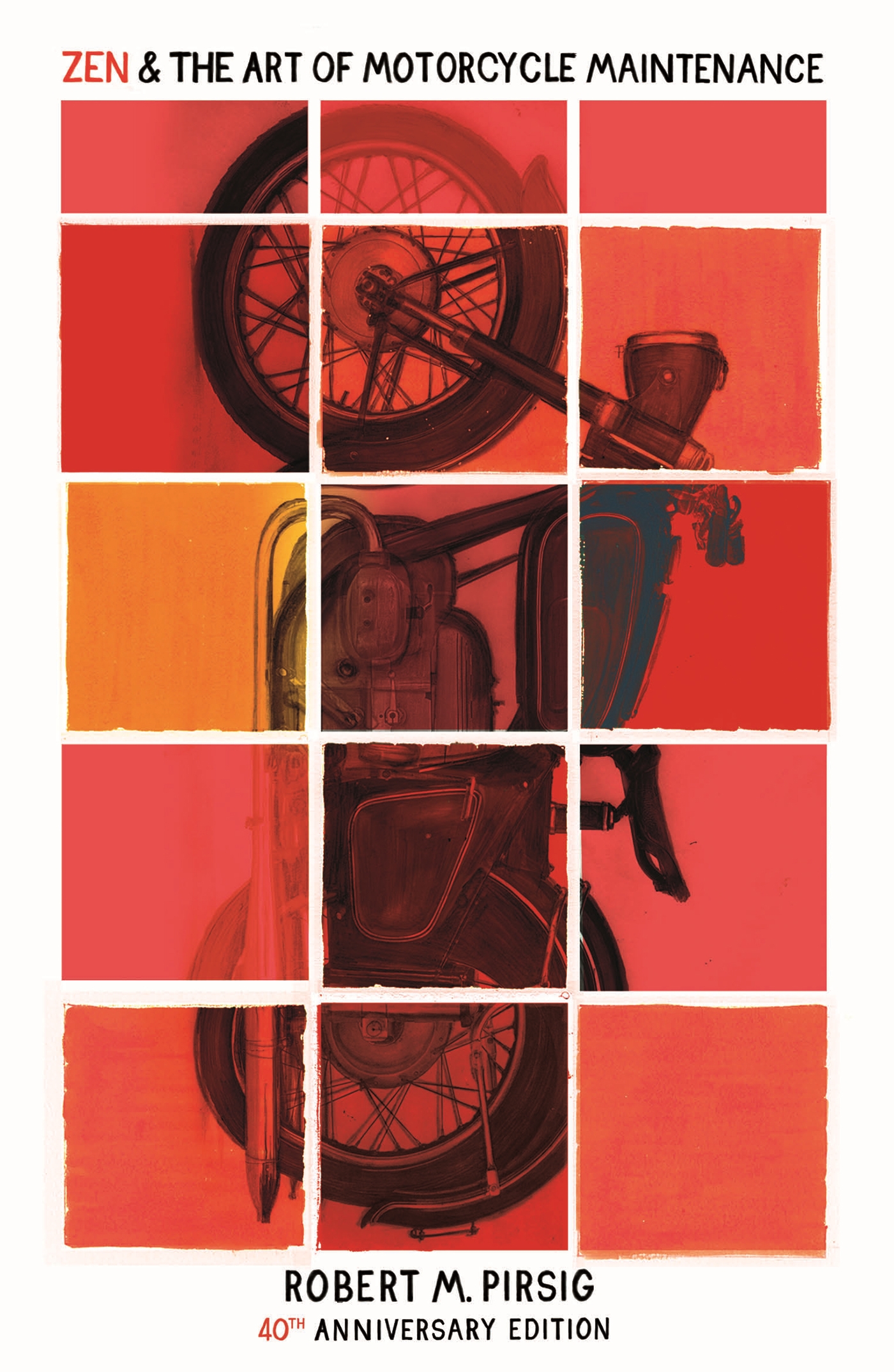 Zen and the Art of Motorcycle Maintenance by Robert Pirsig
Zen and the Art of Motorcycle Maintenance by Robert Pirsig
Acclaimed as one of the most exciting books in history, this modern epic became an instant bestseller upon publication in 1974, transforming a generation and continuing to inspire millions. A narration of a summer motorcycle trip undertaken by a father and his son, the book becomes a personal and philosophical odyssey into fundamental questions of how to live. Resonant with the confusions of existence, Zen and the Art of Motorcycle Maintenance is a touching and transcendent book of life.
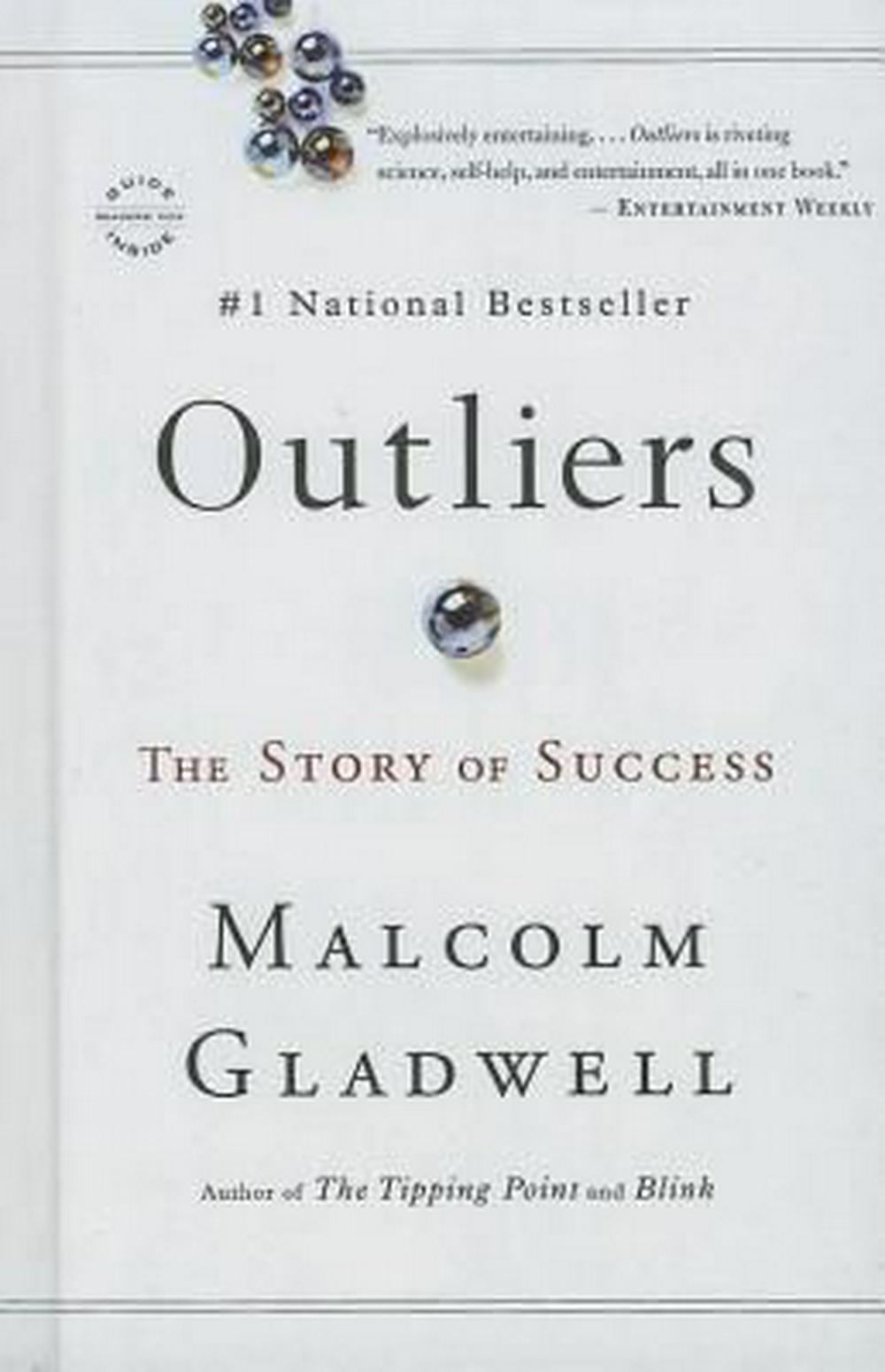 Outliers by Malcom Gladwell
Outliers by Malcom Gladwell
Malcolm Gadwell is one of my favourite authors. I have read and reread two of his other books The Tipping Point and Blink and have recommended them to many others. In Outliers, Malcolm Gladwell takes us on an intellectual journey through the world of “outliers” – the best and the brightest, the most famous and the most successful. He asks the question: what makes high-achievers different?
His answer is that we pay too much attention to what successful people are like, and too little attention to where they are from: that is, their culture, their family, their generation, and the idiosyncratic experiences of their upbringing. Along the way he explains the secrets of software billionaires, what it takes to be a great soccer player, and what made the Beatles the greatest rock band.
Enjoy!